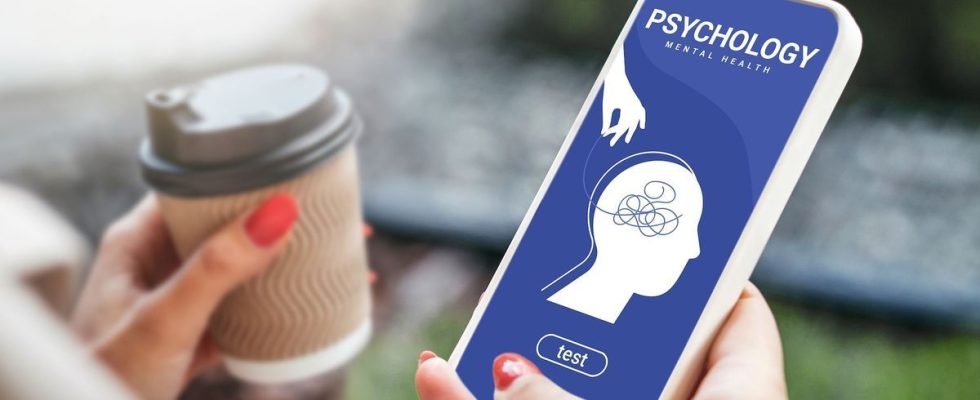Published on
Updated
Reading 3 min.
in collaboration with
Olivier Bonnot (Child psychiatrist and head of department at Barthélémy-Durand hospital)
In England, mental health experts are sounding the alarm: the wave of self-diagnoses in attention disorders is completely unbalancing care. Professor Olivier Bonnot, professor of child psychiatry and author of “What if it was ADHD” reminds us what makes a reliable diagnosis.
Better known, more democratized, mental health and/or neurodevelopmental disorders such as ADHD are today addressed in all media and videos on the networks. If many taboos have been lifted (which is an excellent thing), another problem arises today: that of self-diagnosis which flourishes via tests, coaches and other books, which could well unbalance an approach load already stretched.
Unreliable diagnoses delivered “like candy”
Thus, on March 1, an article from DailyMail warned that in England all experts are currently overwhelmed by a huge increase in self-diagnoses of ADHD. Diagnoses approved without reservation by applications, or even influencers who proclaim themselves ambassadors of the disorder. Problem is, by planting the seed of possible unrest among as many people as possible, this wave could harm those who need help the most, the article indicates. According to Anthony David, director of the UCL Institute of Mental Health, the shift is already there, because of the diagnoses issued.like candy” : “There are people who have made their own decision about a diagnosis, often as adults. And that led to huge waiting lists. The system cannot therefore cope with all these people who wish to benefit from an evaluation.”
A diagnosis of ADHD can only be made with knowledge of all the disorders.
Consulted on this topical subject, Professor Olivier Bonnot, professor of child psychiatry and author with Laurence Ollivier, speech therapist of “What if it was ADHD? (Marabout, January 28, 2024) explains to us the problem of these self-diagnoses that are a little too simple.
“Psychiatric disorders, including ADHD, are diagnosed on clinical grounds, that is to say what people say, and what people observe, the doctors who make the diagnosis. But there is no such thing as “exams” which form the basis of the diagnosis. Psychological evaluations and tests can be arguments, but none of them are either necessary or sufficient to establish a diagnosis, without the professional’s knowledge.
A necessary nuance, when we know that the clinical signs of ADHD mentioned almost everywhere (agitation, poor organization, lapse in attention, etc.) have the particularity of appearing in many people.
“We all have a little anxiety, attention difficulties or impulsivity in us. But it is not the “a little” that makes the diagnosis, but the fact of knowing all the psychiatric disorders and to be able to see which category we fit best in an objective manner. You therefore need your own impression, of course, but you also need that of those who know these pathologies. Making a diagnosis is still broader than the only signs that we can read (on a site for example)”.
I think I have ADHD, what should I do then?
The fact remains that with a subject of mental health or ADHD widely reported and open today, it is very possible that we will notice more that it could concern us, or concern our child. In this case, what can we do concretely for reliable information and good support? The expert reminds you of the procedure to follow.
“In practice, we have every right to think that we could be affected by ADHD. We can therefore of course obtain information, read books, look at sites on the subject. But if after that, we say to ourselves whether it looks a lot like you, or your child, you need to get a diagnosis from a doctor.”
This can be a psychiatrist, a pediatrician, or even a general practitioner if he or she has knowledge of the disorder. With ADHD affecting 5% of children, today’s doctors are trained in neurodevelopment in their studies and knowledge of the disorders is increasing. If the delay in diagnosis is still a reality in France, more and more professionals can now make this observation.
“But it is better to remain wary of sites and embarking on expensive tests without medical advice. Yes, some people will very well talk about their disorder on the internet, and advance the subject. But others without medical knowledge “maybe they just don’t have what they think they have” concludes the expert.
